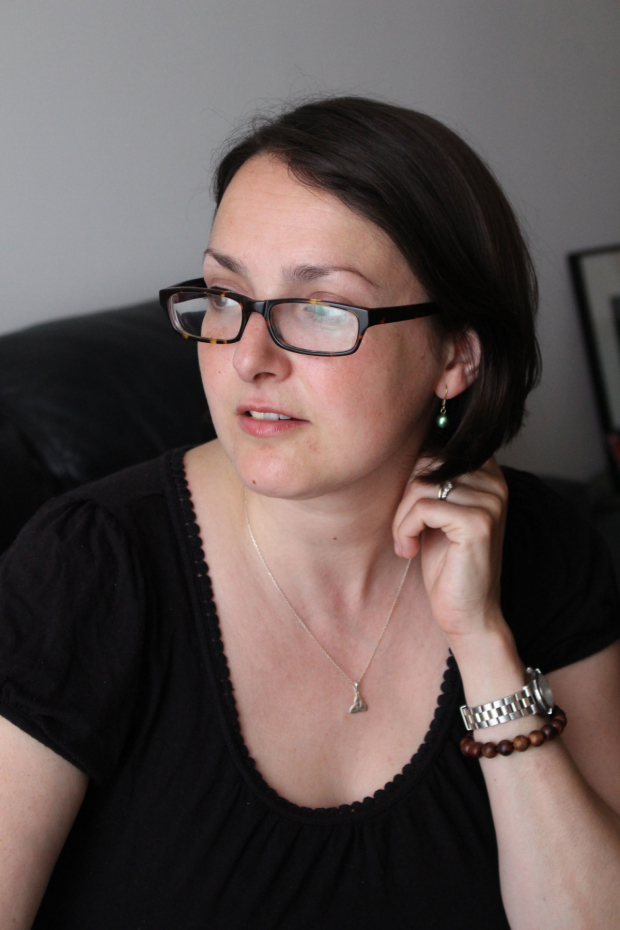Hannah Khalil: 'My new play shows the horrors of the immigration system'
As Refugee Week begins, writer Hannah Khalil explains how she came to write her new play ”The Scar Test” and the detention centre stories it’s trying to tell

© William Henry Scott
Detention. It's one of those horrid words to describe things that happen behind closed doors, out of the public eye. I didn't know very much about detention until 2015 when I was approached by a young woman called Nadia Nadif. She'd seen a short play of mine and wondered if I wanted to write something for her new theatre company, Untold Arts. When I asked what said play might be about she replied 'detention in the UK.' I must have looked confused … 'Yarl's Wood' she clarified. She proceeded to explain to me that people who come to the UK seeking asylum whose papers are not in order are regularly held in detention centres. "In the UK?" I asked incredulous.
None of the women incarcerated at Yarl's Wood are victims, they are survivors
When I researched the topic I was shocked by what I found. Not only are people held in detention in this country but there is no limit on how long they can be held. Surely that's a human rights violation?
My first port of call was Heather Jones, who worked at Yarl's Wood Befrienders. I visited her in her tiny office surrounded by mountains of mini bottles of toiletries she’d collected as little gifts for detainees. What I anticipated to be a 30-minute conversation ended up being several hours of eye-opening, tissue-wiping revelation.
I watched the upsetting Channel 4 News documentary about Yarl's Wood, spoke to a former member of staff who expressed concerns about 'the process' as well as to a solicitor who works on these cases. I went to visit some women who are being detained in Yarl's Wood. One was very quiet, bird-like and talked incessantly about action movies, which I found strange initially. On reflection however, I understand the escapism of films must be a solace in such a situation. On coaxing she described the centre to me – there is an outdoor space, with a pond. I asked if there were any fish in the pond. ‘No’ she replied, ‘there were some ducks, but they flew away’. I don’t think she appreciated the cruel irony of that fact. After more encouragement she told me how, when she had resisted being deported four male guards had physically restrained her. I couldn’t believe they hadn’t snapped her tiny brittle bones. After all this I knew I wanted to write something for the stage about detention. It felt important.
Theatre can reach the places other media simply can’t

But why a piece of theatre? After all, there are documentaries on the subject. For me theatre can be a bridge between the heart and the head, reach the places other media simply can’t. But it needed to be a truly theatrical piece. I decided I'd like to write it in a non-traditional way: rather than sit in a room alone I called on the help of a group of actors and over a day they played out scenarios I'd imagined based on the research I'd done. By 6pm I knew I had a play.
My most significant piece of feedback was from a former detainee who talked about how none of the women incarcerated at Yarl's Wood are victims. Most have survived terrible trauma – they are survivors, not victims. Many more rewrites and further research and conversations followed. The result is The Scar Test a piece that, I hope, stands up as a strong theatrical experience (especially in Sara Joyce’s imaginative production) that will serve to alert audiences to the horrors of our immigration system and show that these women are strong and inspiring human beings who deserve better than indefinite detention.
The Scar Test opens at The Place in Bedford on 21 June and transfers to Soho Theatre between 5 and 22 July.












